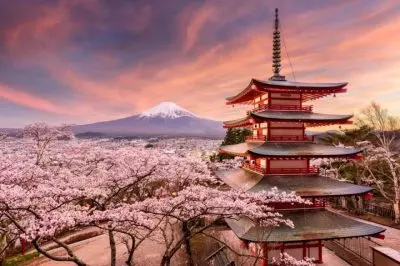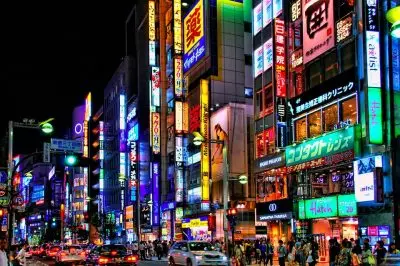 Several years ago, the integrated resorts promotion law was passed by the Japanese Diet as part of a two-step legislative process aimed at bringing casino expansion to Japan.
Several years ago, the integrated resorts promotion law was passed by the Japanese Diet as part of a two-step legislative process aimed at bringing casino expansion to Japan.
The promotion law was passed by the Government shortly after the ruling Liberal Democratic Party (LDP) got enough seats in the Upper House so it was able to act by itself without any dependence on Komeito, its junior coalition partner. The Upper House election that took place in July 2016 had great significance for the entire casino-related expansion process because it provided the LDP with a chance to act without the support of Komeito, which is backed by a religious group that fundamentally opposes gambling.
Japanese Prime Minister Shinzo Abe has previously shared that the Government’s goal is to see the first integrated casino resorts in the country up and running in 2022 or 2023. The addition of the new form of gambling has been seen as a new funding source that would ensure further economic stability in Japan and could also make the country a desired destination for foreign visitors.
Despite the Government’s push towards legalization of casino gambling, anti-gambling campaigners raised a red flag that the gambling sector’s expansion could lead to higher risks related to organized crime and other negative consequences for the country and its residents that could be associated with casino operations. According to some anti-gambling policy supporters, casinos bear the risk of organized crime’s involvement on many levels, something that could be devastating for local communities.
At Least Six Politicians Suspected of Accepting Illegal Bribes from Chinese Gambling Company
 Since the gambling expansion policy has been pushed, some risk analysts have been concerned about the possible business opportunities that the legalization of casino gambling could offer to organized crime.
Since the gambling expansion policy has been pushed, some risk analysts have been concerned about the possible business opportunities that the legalization of casino gambling could offer to organized crime.
Recently, one of the less anticipated risks has materialized itself in the country, as alleged political corruption associated with casino expansion has emerged in both local and global media hubs’ headlines. A China-based operator has faced criticism for being involved with bribery of no less than six Japanese politicians. Under the provisions of the Political Fund Control Law, such donations from foreign individuals or companies are not permitted.
The bribery scandal associated with casino expansion continues to grow. Only a week ago, Mikio Shimoji became the first politician to confess his involvement as a person close to one of the Chinese companies willing to open a Japanese casino – 500.com. Four other Japanese lawmakers have also been suspected of illegally receiving money from the same company, including Hiroyuki Nakamura, Takeshi Iwaya, Toshimitsu Funahashi, and Masahisa Miyazaki. All four of them are members of the LDP.
The scandal has become even bigger with the arrest on another LDP member – Tsukasa Akimoto – on suspicion of illegally receiving money under the table from 500.com.
This is exactly what opponents of casino gambling in Japan have feared. As anti-gambling campaigners have claimed, casinos could provide a chance for the involvement of the country and politicians in organized crime and corruption. The Government’s push to gambling expansion, however, has not stopped. A few days ago, a commission aimed at managing integrated casino resorts has been established under the lead of the Government. It is supposed to act as an independent entity with a strong presence in the country.